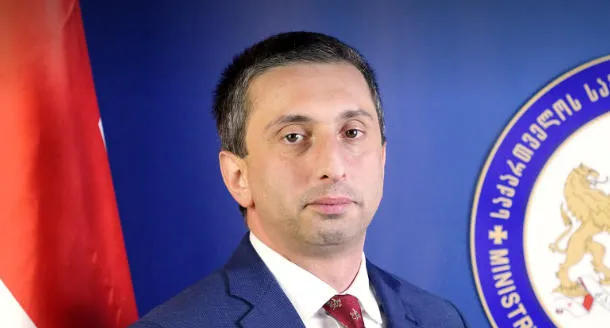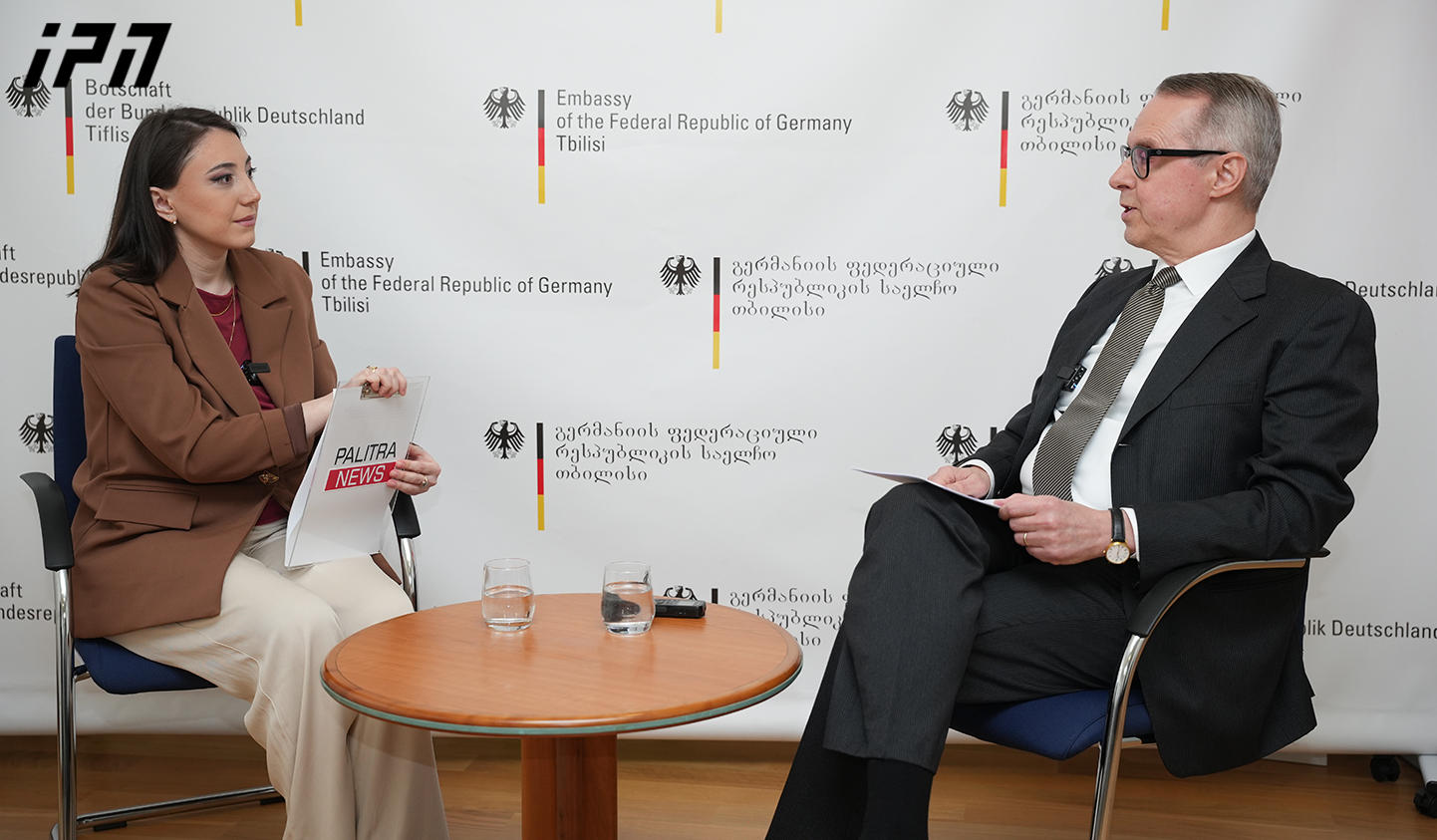According to Tornike Farulava, Director of the Euro-Atlantic Integration Department of the Ministry of Foreign Affairs, he was dismissed from the ministry, and his wife was also dismissed from the staff of the Parliament's Committee on European Integration

Director of the Euro-Atlantic Integration Department, Tornike Farulava, was dismissed from the Ministry of Foreign Affairs, while his wife was dismissed from the staff of the Parliament’s Committee on European Integration. Farulava wrote about this on social media.
As Tornike Farulava states, his entire department was dismissed “without anyone asking whether there was still any work left to be done.”
According to him, the recent "reorganization" at the ministry was particularly notable, with the main targets of abolition and downsizing being subdivisions working on the interagency coordination of the European and Euro-Atlantic integration process.
“I served almost 24 years in Georgia’s Ministry of Foreign Affairs. During this time, I witnessed many so-called reorganizations. Unfortunately, not all of them were aimed at improving or strengthening the organization. However, this latest ‘reorganization’ stood out. It stood out because, for the first time, one of its main objectives seemed to be the destruction of collegial relationships among ministry employees, rather than fostering healthy competition (and this goal has been achieved).”
He continues: “This recent reorganization also aimed to dismantle the principle of continuity of institutional memory, built up over years. The vast majority of diplomats who remained in the ministry have been reassigned to such positions that we can confidently say institutional memory has been erased at all levels — starting July 1, we begin with a clean slate (this goal, too, has been achieved).”
“Another striking feature of this process was that the main targets of abolition and downsizing were the subdivisions working on interagency coordination of European and Euro-Atlantic integration. In other words, the units responsible for coordinating interagency and sectoral reform processes and presenting them to Brussels have been eliminated. This directly indicates that, even in the long term, no one intends to continue these processes. Therefore, when the mythical year 2028 arrives, we will be further behind than we were ‘yesterday.’”
Farulava also comments on how people were treated during the process:
“Even the most negative processes can be handled in a way that minimizes pain for people. But in the Ministry of Foreign Affairs, everything was handled in the exact opposite way. Another side effect of the reorganization was the maximum humiliation of staff. For many, this meant being demoted; for many others, it meant being treated with complete disrespect. Throughout the entire month since the start of the reorganization, there was no communication with staff — no explanation of the process, no information on who would be affected. The culmination came at the end of the week — dismissal orders were issued on Saturday night and Sunday, on a conveyor-belt basis. The word ‘inhumane’ probably best describes it all.”
He concludes: “I am proud that I was fully affected by this process. After 24 years in the diplomatic service, I was dismissed on July 1 without anyone bothering to say even a few formal words or offer an explanation. No process of handing over duties was initiated — the entire department was let go without anyone asking if there was any unfinished work. One more personal note — at the end of that same week, on July 5, my wife received her dismissal order from the Parliament’s Committee on European Integration.” — writes Tornike Farulava.
